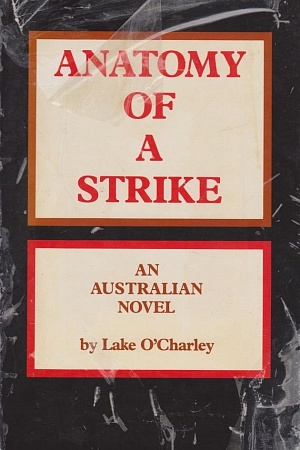'Call it a revolution'

With protests by members of the Iranian diaspora burgeoning across Europe and the rest of the world, I attend a demonstration in central Athens. A group assembles in front of the Greek Parliament, with two banners outstretched. The first reads ‘Woman, Life, Freedom’, the second, ‘the Iranian people no longer want the Islamic Republic’. The mise en scène seems to capture the genealogy of a movement that began with the death of a twenty-two-year-old Kurdish woman, Jina (or Mahsa) Amini, on 16 September in Tehran following her arrest by the notorious morality police, and has since grown into what has been deemed the biggest domestic threat yet to the existence of the Islamic regime.
‘It is not just one thing that people are angry about, it is a whole range of issues,’ a young Tehrani woman in the crowd says of the nationwide demonstrations whose suppression has to date cost at least 480 lives, including those of more than fifty children. ‘And the more they keep killing people, the angrier we will get.’ She tells me that she has been attending the protests in the Iranian capital and will go on doing so when she returns, despite her parents’ prohibitions. ‘We have no choice, it is the only thing we can do – to use our bodies. Maybe they will shoot us, but we have to continue.’
It is individuals like this young woman who have come to emblematise this uprising, with the average age of demonstrators in the first weeks of protests estimated at fifteen and many of the most prominent victims of the security forces’ crackdown being teenage girls. Like Amini – who, while visiting family in Tehran, was arrested outside a train station for allegedly breaching dress codes, and who died in hospital three days later in highly suspicious circumstances, having apparently been beaten by police – they are ordinary adolescent women. As many note, any one of them could have been Amini. With demonstrations igniting in Amini’s hometown of Saqqez in Iranian Kurdistan, the days following her death saw an explosion of rage, grief, and indignation. Thousands of women took to the streets or joined protests at schools and university campuses. They cut their hair, burned their hijabs, and confronted security forces with cries of ‘Jin, Jiyan, Azadi’ (‘Woman, Life, Freedom’) and ‘Death to the dictator’.
While Iran has witnessed several waves of mass protest in recent decades – primarily, the 2009 Green Movement and the so-called ‘Bloody November’ of 2019 – the current uprising is unprecedented in a number of respects. Notably, its primary drivers are young people – Iran’s Generation Z or daheye-hashtadia, who seem to lack the fear, ideological creeds, and political figureheads of their predecessors. They are educated, media-savvy, and cosmopolitan. After a lifetime of international isolation and internal repression under the Islamic regime, they are angry. But what is most striking is that the catalysts of this seemingly uncontainable force have been women. As activists hack regime-imposed telecommunications blackouts, social media has been flooded with images of women and girls engaged in myriad forms of resistance, defiance, and combat. For the first time, the female body has been positioned centre stage as an emblem of political revolt.
Continue reading for only $10 per month. Subscribe and gain full access to Australian Book Review. Already a subscriber? Sign in. If you need assistance, feel free to contact us.











Comment (1)
Leave a comment
If you are an ABR subscriber, you will need to sign in to post a comment.
If you have forgotten your sign in details, or if you receive an error message when trying to submit your comment, please email your comment (and the name of the article to which it relates) to ABR Comments. We will review your comment and, subject to approval, we will post it under your name.
Please note that all comments must be approved by ABR and comply with our Terms & Conditions.